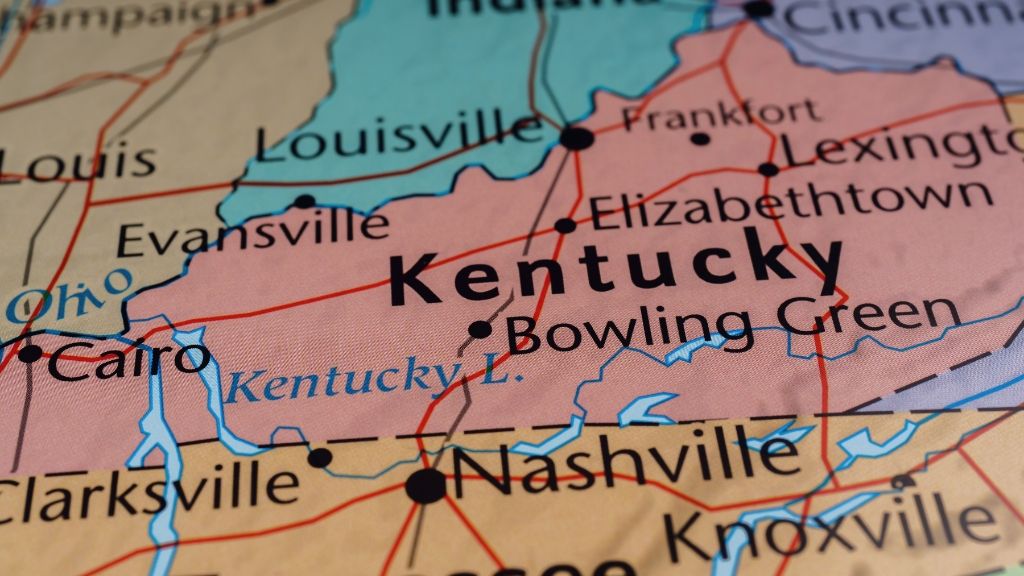
Judge Shepard upheld a ban on so-called "gray machines" in Kentucky — games with predictable outcomes that offer cash payouts that fall in a legal gray area. Supporters of the games argue that they require skill, but opponents insist that the element of chance makes them analogous to slot machines.
The controversy peaked when Governor Andy Beshear signed House Bill 594 in 2023, which classified the games as illegal gambling machines and imposed stiff penalties for violators.
The legal battle began when Pace-O-Matic, the leading operator with 2,500 machines in the state, challenged the law, arguing it was unconstitutional and seeking to overturn the ban. While the company's machines remain in smaller businesses across the state, they are offline pending a final decision on their removal.
Pace-O-Matic argues that the ban is unconstitutional on several grounds, including a violation of free speech, due process, equal protection, and separation of powers. The company also claims that the ban constitutes a taking of property without just compensation.
In its complaint, Pace-O-Matic argues that predictive games are a form of expression that convey ideas through unique literary features and should be protected under the Kentucky Constitution.
The company also believes that the ban unfairly targets certain electronic games with predictable outcomes, while similar devices used in eSports or sports betting are free to operate.
Judge Shepherd supported Attorney General Russell Coleman, who defended the law as necessary to protect families and children from the social harms associated with unregulated gambling.
In his 52-page ruling, the judge rejected arguments from opponents of the ban, upholding the legislature's authority to regulate gambling in the interests of the public welfare.
Supporters of the ban, including House Speaker David Osborne, hailed the decision as an important step in the fight against illegal gambling practices. They feared that the uncontrolled spread of the machines could undermine existing regulatory frameworks.
Opponents like Pace-O-Matic have expressed disappointment and are considering an appeal. They believe the law unfairly targets their industry and hope to see their devices recognized as legitimate games rather than slot machines.
In March of this year, Virginia lawmakers voted to repeal the ban on predictive gaming, citing the need for tax revenue and support for small businesses, highlighting the contrast with Kentucky's position.